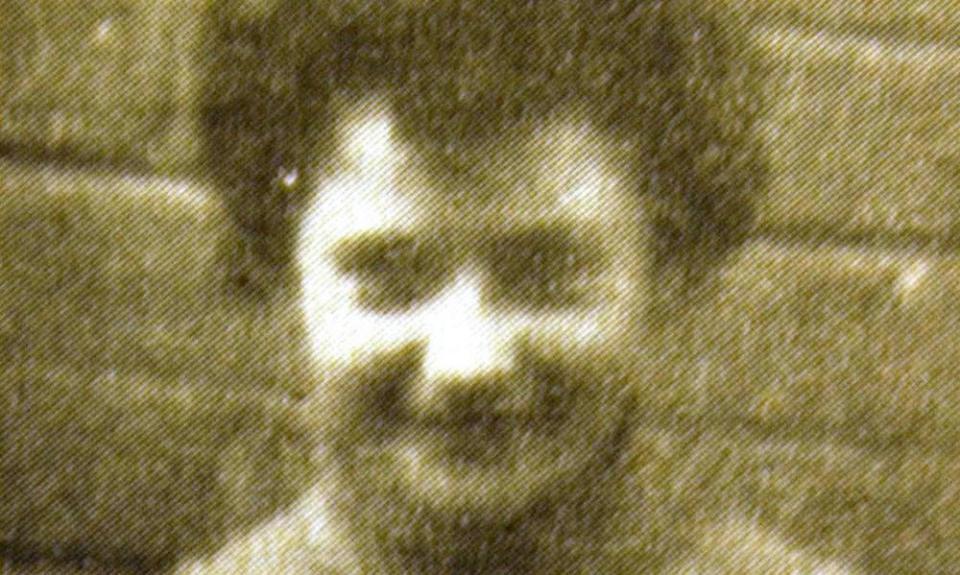Stories of children killed in the Troubles to be told to MPs
Relatives and friends of six children who died in Northern Ireland’s Troubles are to share their stories in a special presentation to MPs at Westminster.
They will relate testimonies in storytelling form about how the children were killed by the British army, the IRA and loyalist paramilitaries between 1971 and 1981.
Performers who also experienced trauma during the Troubles will support the relatives’ narration in a committee room at Portcullis House, part of the parliamentary estate, on Tuesday 28 June.
MPs from across the political spectrum in Britain and Northern Ireland are expected to attend. The event has been organised by the Playhouse, an arts centre in Derry, and Jo Egan, a writer who conducted interviews and edited the testimonies.
“It’s not a play, it’s testimony, so we won’t be using any staging,” said Egan. “The stories of children lost in the Troubles remain untold, almost as if it was too traumatic. When you hear these six stories together it’s extraordinary.”
The event comes amid a controversial government plan to grant conditional immunity to people accused of murder and other offences during the Troubles. Critics say the legislation is an attempt to shield security force veterans from prosecution.
Colum Eastwood, an MP for Derry and leader of Northern Ireland’s Social Democratic and Labour party (SDLP), and a leading critic of the legislation, invited the Playhouse group to Westminster. A discussion will follow the narrations.
Kevin Murphy, the chief executive of the arts centre, said it did not seek to take sides in political debate. “The idea is to use art to create a space for dialogue. Our job is to get the MPs to come and bear witness to the stories and then after that think about policy.”

The killings happened decades ago but trauma passed down generations, said Murphy. “We get desensitised to things so it’s important to hear from people on the ground.”
The stories concern Damien Harkin, eight, hit by an army lorry in 1971; Annette McGavigan, 14, shot by soldiers in 1971; Julie Livingstone, 14, shot by soldiers in 1981; Kathryn Eakin, eight, killed in an IRA bomb in 1972; Henry Cunningham, 16, shot by the Ulster Volunteer Force in 1973; and Kathleen Feeney, 14, shot by the IRA in 1973.
The narratives at Westminster will be a shortened adaptation of a version originally performed for the Playhouse theatre and Peacebuilding Academy in 2018.
Mary Feeney, 64, said sharing her story about losing her sister Kathleen had soothed her grief. She was 15 when Kathleen died. “I still think of my sister every day of my life. Nobody had ever approached us before about what we had been through, this was the first time someone had said to us: ‘We want to hear your story’.”
Mary’s daughter, Sarah Feeney Morrison, will act out her testimony at Westminster.
On the day of the shooting in November 1973, Mary was at home in Derry watching a royal wedding – Princess Anne’s marriage to Mark Phillips. Kathleen teased her about it shortly before stepping outside and being shot dead in a bungled IRA ambush on an army patrol.
Seeing her memories acted out had had a healing effect, said Feeney. “There are still people that are hurting after 50 years and their stories need to be heard. For us to move on, their stories have to be heard.”

 Yahoo Movies
Yahoo Movies 
